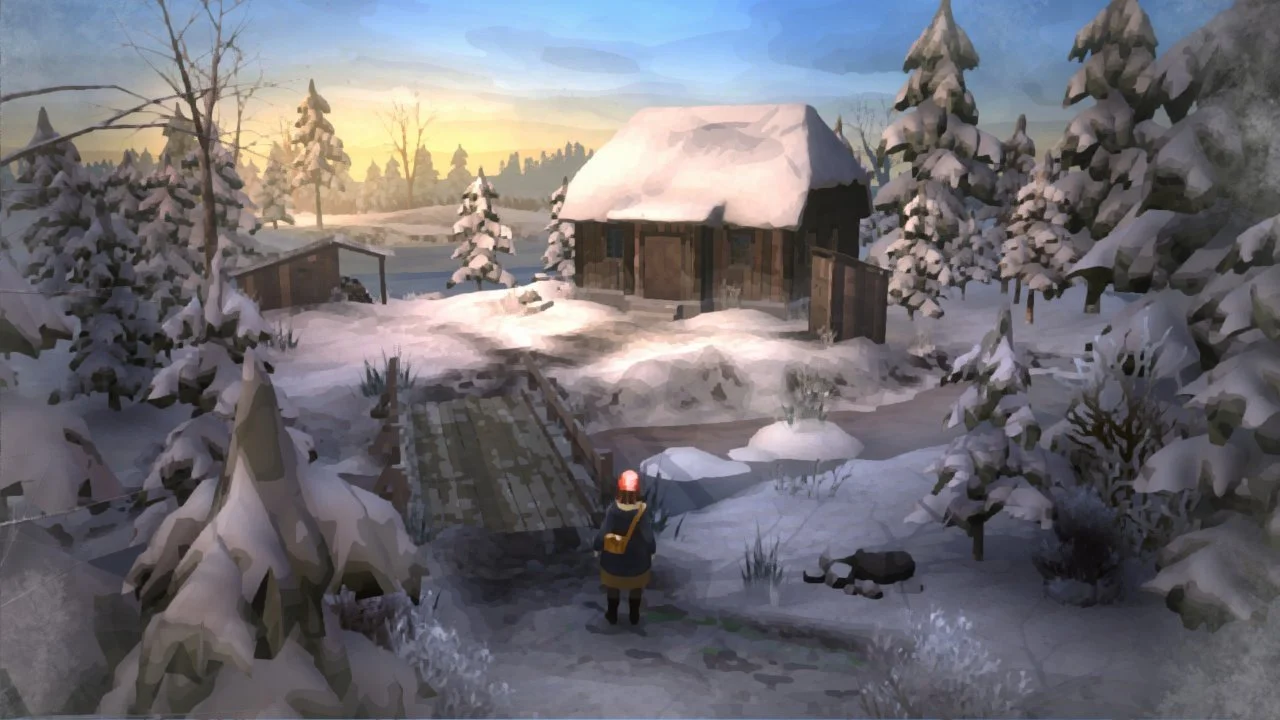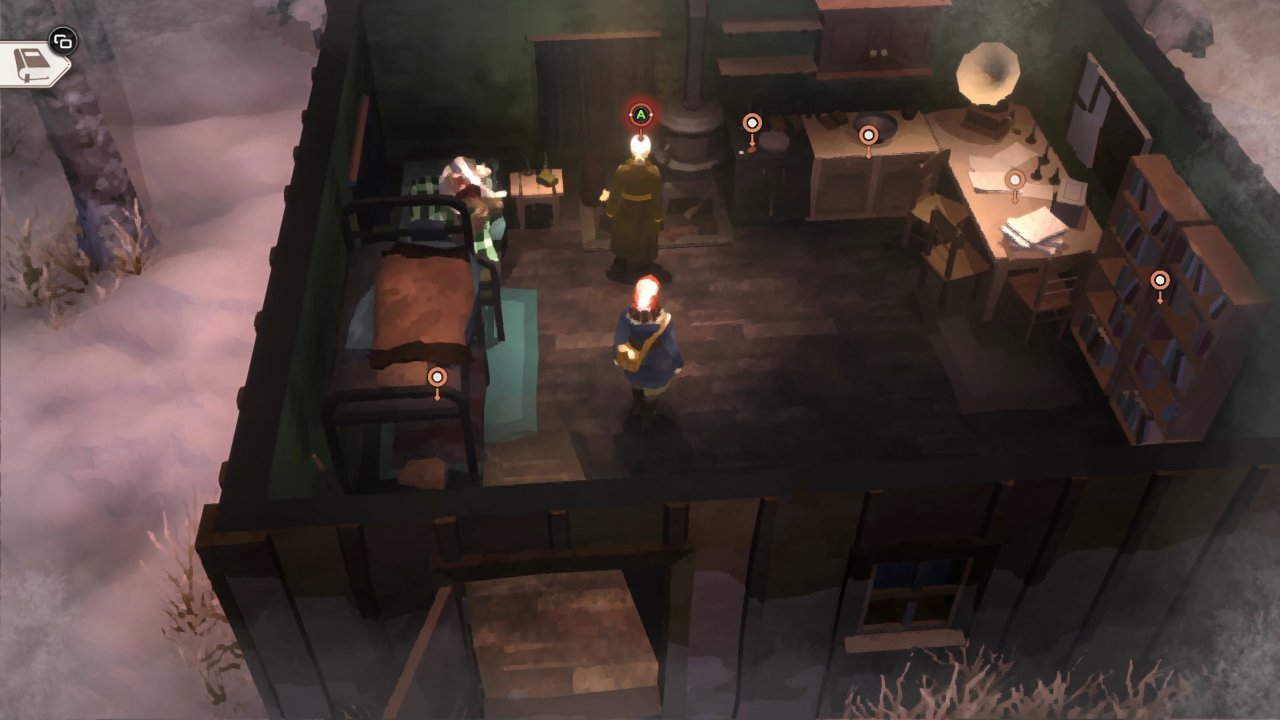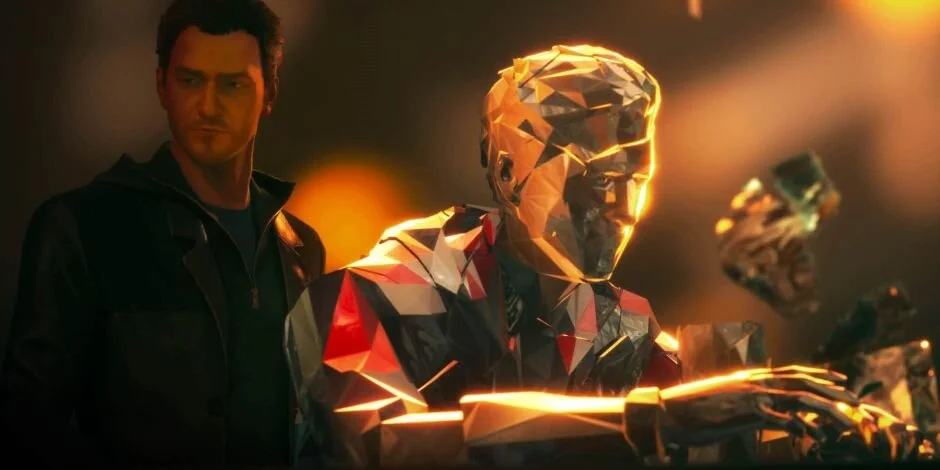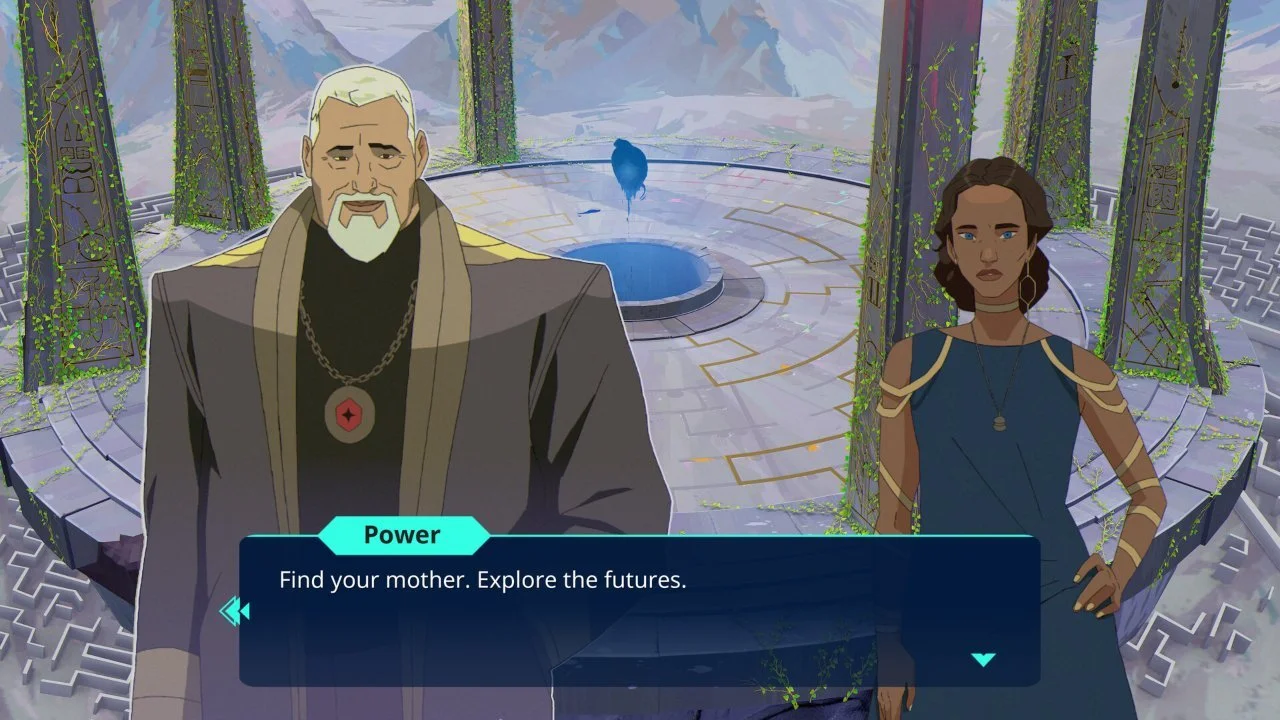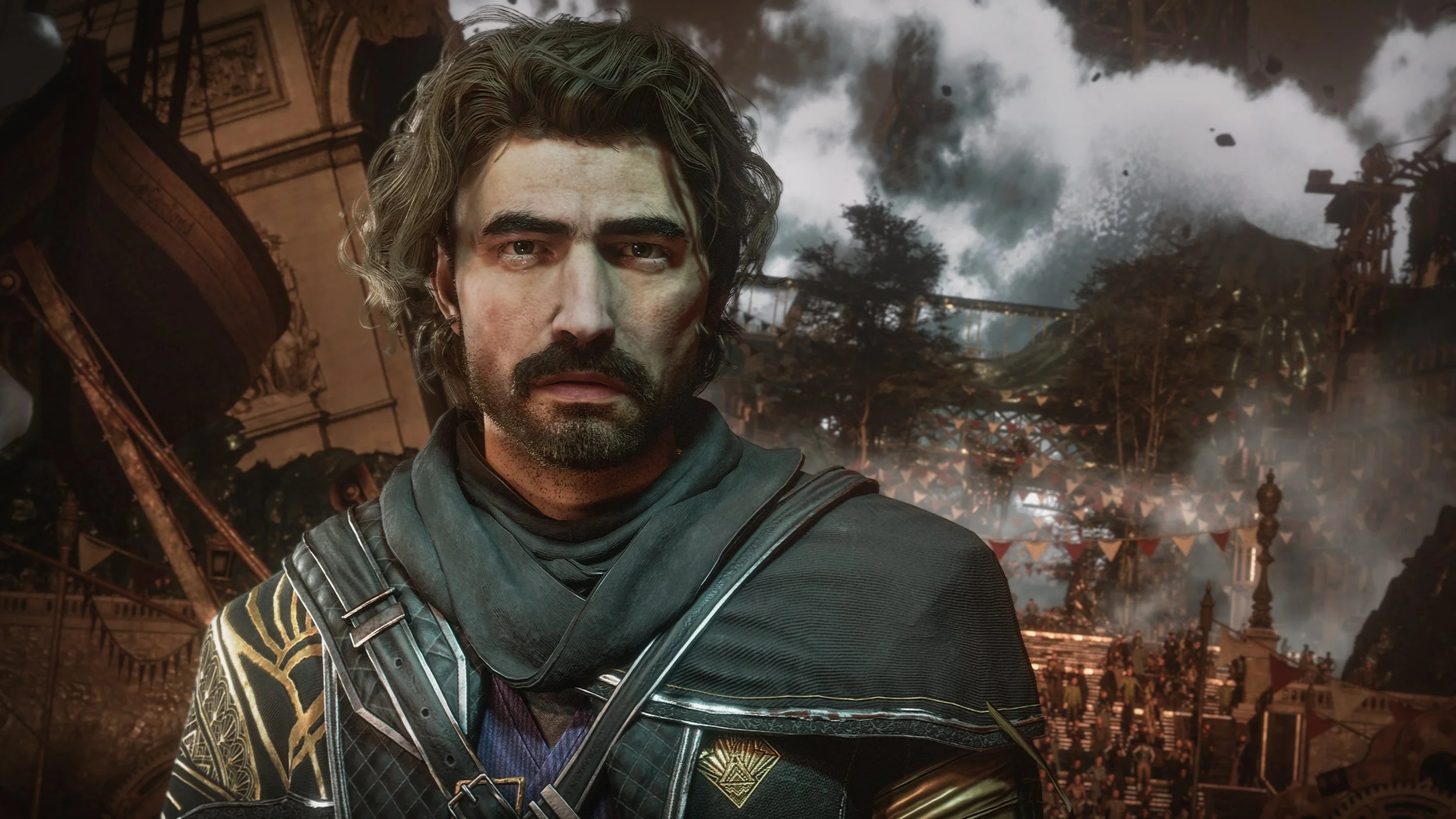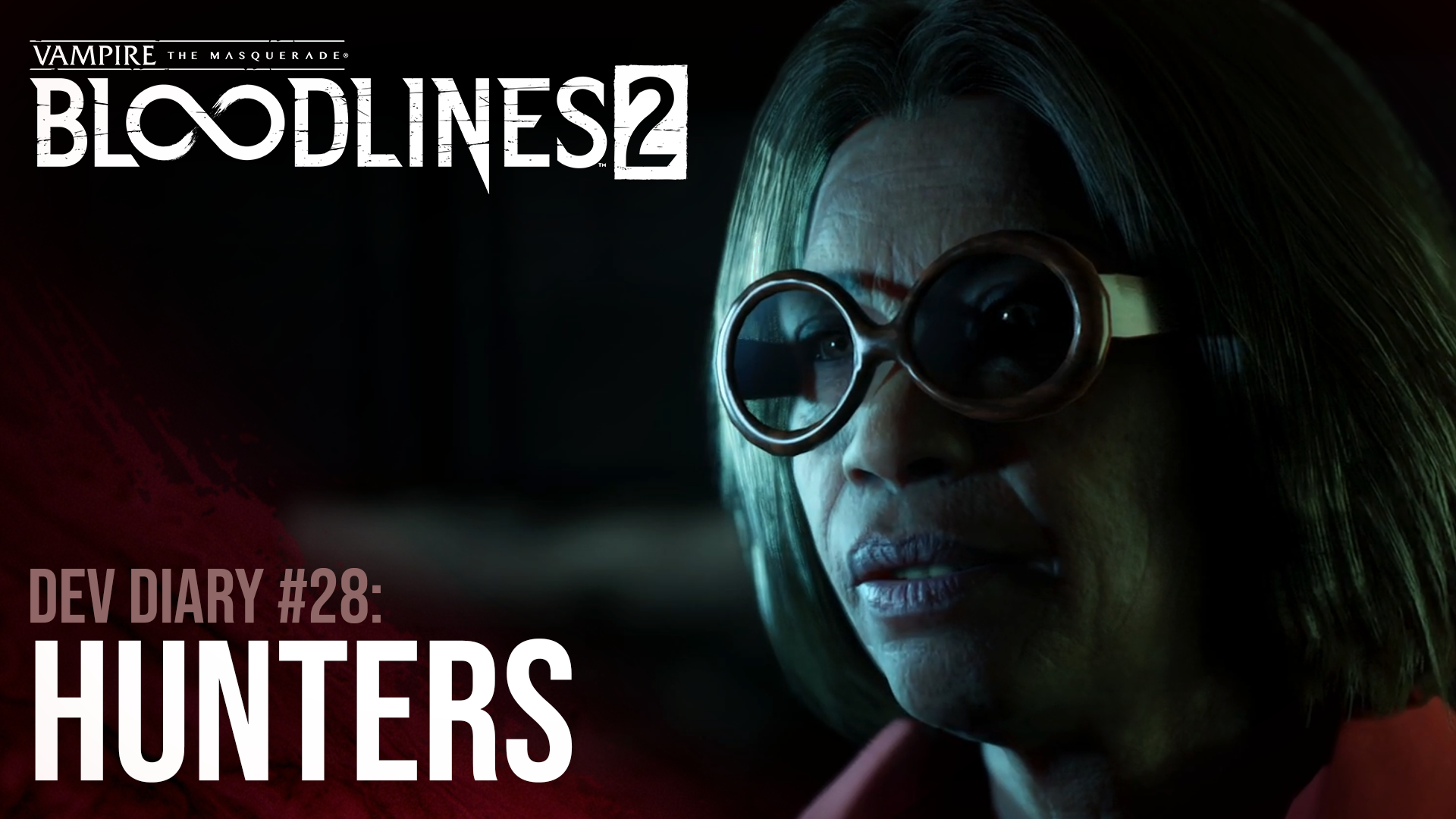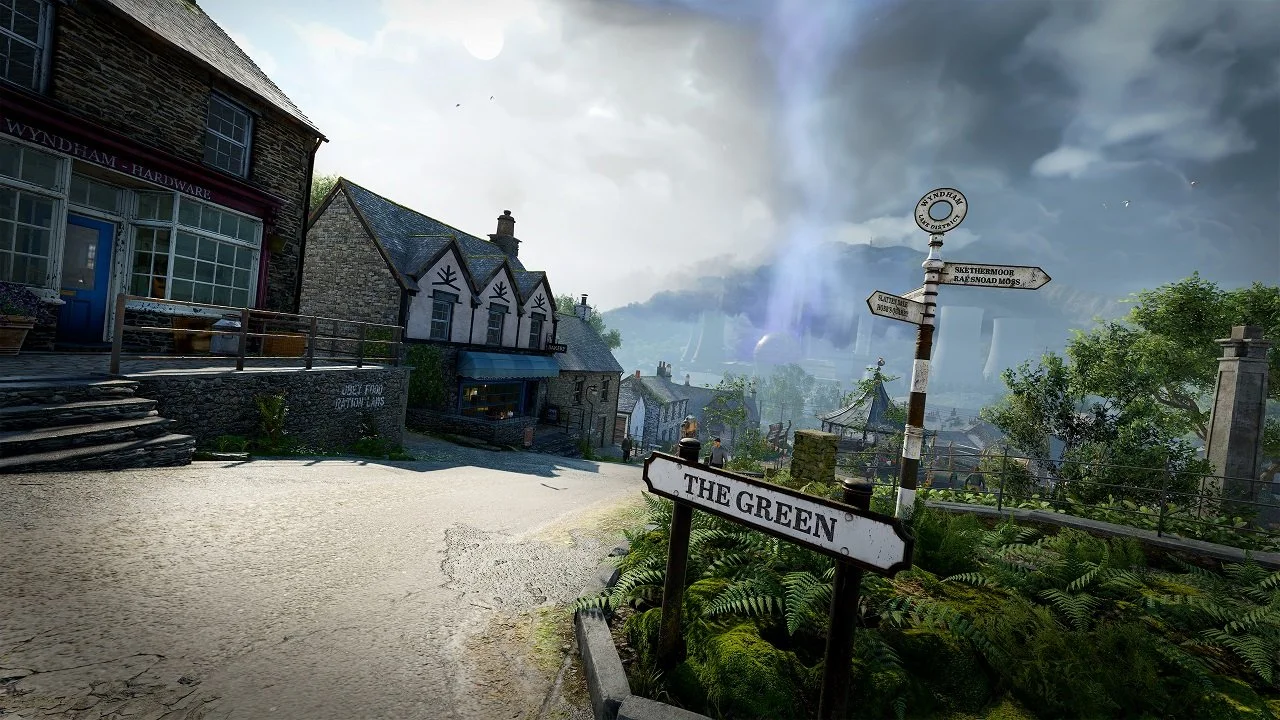PC Review Code Provided by PortaPlay
To anyone that has taken a basic history class in high school, it is no secret that the mid-1900s went through some tough years. The people of this time went through difficult times and had to make hard decisions. This experience is one that PortaPlay and DONTNOD Entertainment are putting their players through in their latest title, Gerda: A Flame In Winter. As someone who has the rare ability to work with both sides of the war, what decisions would you make? Do you yearn to please the people or would you rather just ensure your own safety? Which side are you willing to put efforts into helping?
Story
In the midst of World War II, a small Danish village finds themselves caught in the troubles of war. As the Germans find themselves in a position to use the village as a means to shortcut into enemy territory, the Danish townspeople must decide to cooperate or join the fight against the Nazi agenda. Of course, regardless of their cooperation or resistance, certain Danish folk quickly become targets due to the circumstances that the German army was attempting to irradicate.
Gerda, a woman of mixed heritage with shared blood of Danish and German descent, finds her life thrown upside down by the appearance of the German soldiers as her family faces different situations. On one side, her father has joined the German forces to provide aid in order to get a leg up in his career while her husband is part of the resistance that is fighting against the German forces. Her decisions will directly correlate to their futures, so she must decide: where do her priorities lie?
Gameplay
Everything in this game comes down to decision-making. When you are looking at the village map, it will have destinations for you to choose between. Sometimes, you’ll be able to freely choose which one you want to go to or perhaps there is only going to be one option, but there will be times where you simply don’t have enough time in the day to go to all of the locations and so you will have to decide which destination and objective is of higher priority to your ultimate goal. They do give a short description of what you would be doing or looking for at those locations, so you can make an educated choice, but even this affects your overall outcomes.
Other than the destination choices, you will also have to make decisions when interacting with others. Be it a pleasant or intense encounter with another character, you will have to make decisions on how that dialogue goes. These decisions will affect your friendship or reputation levels. When you do things in favor of the Danish people, your reputation with them goes up. When you do things in favor of the Occupation, your reputation with them goes up. However, sometimes you will make a decision and your favor or reputation will end up going down. The same can be said with the characters themselves as your actions affect those levels and just like in real life, some people find the ‘friendly yes-man’ act to be offensive and prefer a more spunky response, so act accordingly.
You do want to have these reputations on the higher end because there will be some choices that you can make that are basically a gamble. The difficulty of success with these gamble options are based on your reputation and friendship levels. Sometimes there are other factors that help, such as learning specific information beforehand.
In between segments of the game, Gerda will write in her journal. When she does this, you will be presented with three options for the second half of the journal entry. These choices are ultimately based on Compassion, Wit, or Intelligence. When you decide on which entry option you prefer, you will be given one point in the correlating category. Some decisions will cost a point in a specific category, but by using that point you will almost always be rewarded with special information or even be able to win over a character.
Even when you have time to roam around freely, you will be making decisions. While you typically have the freedom to look around and collect goods or interact with things, you will sometimes be given a time limit to do so. This is always based on the situation, so sometimes you have a number of options before the story progresses while other times you have a limited number of chances before your mistakes or clumsiness catches up to you.
Audio and Visual
When it comes to the music and sound effects of the game, it is pretty bare bones. They do enough to put the scenario there and make the environment fill more full, but there is no voice acting and so the only dramatization there is comes from the music. Most of the time, the music is in the background and barely noticeable, but it does present itself to exaggerate the more intense moments.
The art style of this game was actually something I was really happy with. Too many games go for realism or a semi-real style, but this game is fully made out of watercolor art. From the people to the environment, everything had a very artistic approach and it somehow gave off a historic aesthetic. Perhaps that’s because I enjoy going to museums and looking at classic artwork, but it is a beautifully drawn game throughout.
Replayability
Seeing how literally every aspect of this game is choice-based, there is definitely replayability! You can kind of speed through text conversations, so the ones that don’t matter or you already know what choice you want to make won’t eat up a lot of time, but if you are curious as to what other outcomes you can get or other ways scenarios can be played out, then you can just go through the game again and make different decisions.
What It Could Have Done Better
When a game is based on the narrative, it is always better to have voice acting in it. The only voice we hear is Gerda’s and that is during the journal entry parts of the game. I think having voice work for at least the main character interactions would have brought this game to a higher quality on its own.
The choices that were ultimately a gamble if they succeeded, it would have been better as a coin flip. It’s always cool to see the animation of the coin flipping to visually show the success or fail. If they did want to leave it with a single die, then roll it and just have a success number on there. For instance, easy difficulty rolls could be 2 or greater while challenging difficulty rolls could be 5 or greater. Either way, add a little animation for a visual flair simply because it's fun.
Verdict
Gerda: A Flame In Winter is a great game that will make you question what choices you will make in one of history’s toughest times. From the small actions to the impactful ones, it really felt like every decision I made mattered. The reputation and relationship system in place made even regular conversations important to the overall goal in the game. While the theme isn’t light-hearted, they managed to make the game graphically safe for just about anybody to play while giving it the beautiful watercolor art style. If you are ready for an impactful experience, I definitely suggest this game.
Gerda: A Flame In Winter is available now on PC via Steam and Nintendo Switch.
